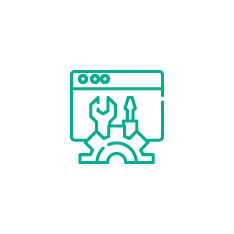August was filled with milestones for the Neo ecosystem, led by the release of Neo3 Preview3 on August 7th. As the latest release on the road to Neo3 MainNet, Preview3 focused on protocol improvements and bug fixes, intended to help community teams currently updating existing development tools and infrastructure by providing a more stable platform to work on.
Updates included a new block synchronisation mechanism, governance features, and smart contract system improvements.
Just one week later, the Neo2 MainNet was upgraded to run version 2.11.0 of Neo’s core client. The new version incorporated state root as a method for checking data consistency between different nodes, and allowed for its distribution via the P2P messages emitted during consensus.
This paved the way for the release of Poly Network, a new protocol alliance formed to facilitate cross-chain transactions between all participating blockchains without issuing a new token and with minimal overhead needed for integration.
The network currently supports cross-chain transactions between Neo, Ethereum, Ontology, and Cosmos, with the intention to add Bitcoin support in the near future. Switcheo, one of Poly Network’s founding members, was the first to make use of the protocol with the launch of TradeHub – it’s new stand alone order matching engine. Switcheo TradeHub is currently processing millions of dollars in cross chain transactions, and will also be the foundation for Switcheo’s upcoming derivatives exchange.
To top off a big month, Neo announced Flamingo Finance – a new Neo-based full-stack decentralized finance protocol. Under incubation by Neo Global Development, Flamingo is expected to begin rolling out in September 2020, with features such as a cross-chain asset gateway, automated market making (AMM)-based swaps, synthetic stablecoins, and AMM-based perpetual trading contracts.
Flamingo Finance is intended to fill the gaps of missing DeFi pieces within the Neo ecosystem and will feature its own Neo-based project token, FLM, which will be 100% distributed through contribution-based participation from the community.
On the announcement of Flamingo, Da Hongfei said, “This is just the beginning. As a community-driven open ecosystem, Neo welcomes all public chains, developers, and investors to build the smart economy of the future with us together.”
The full August monthly report can be found below.


















